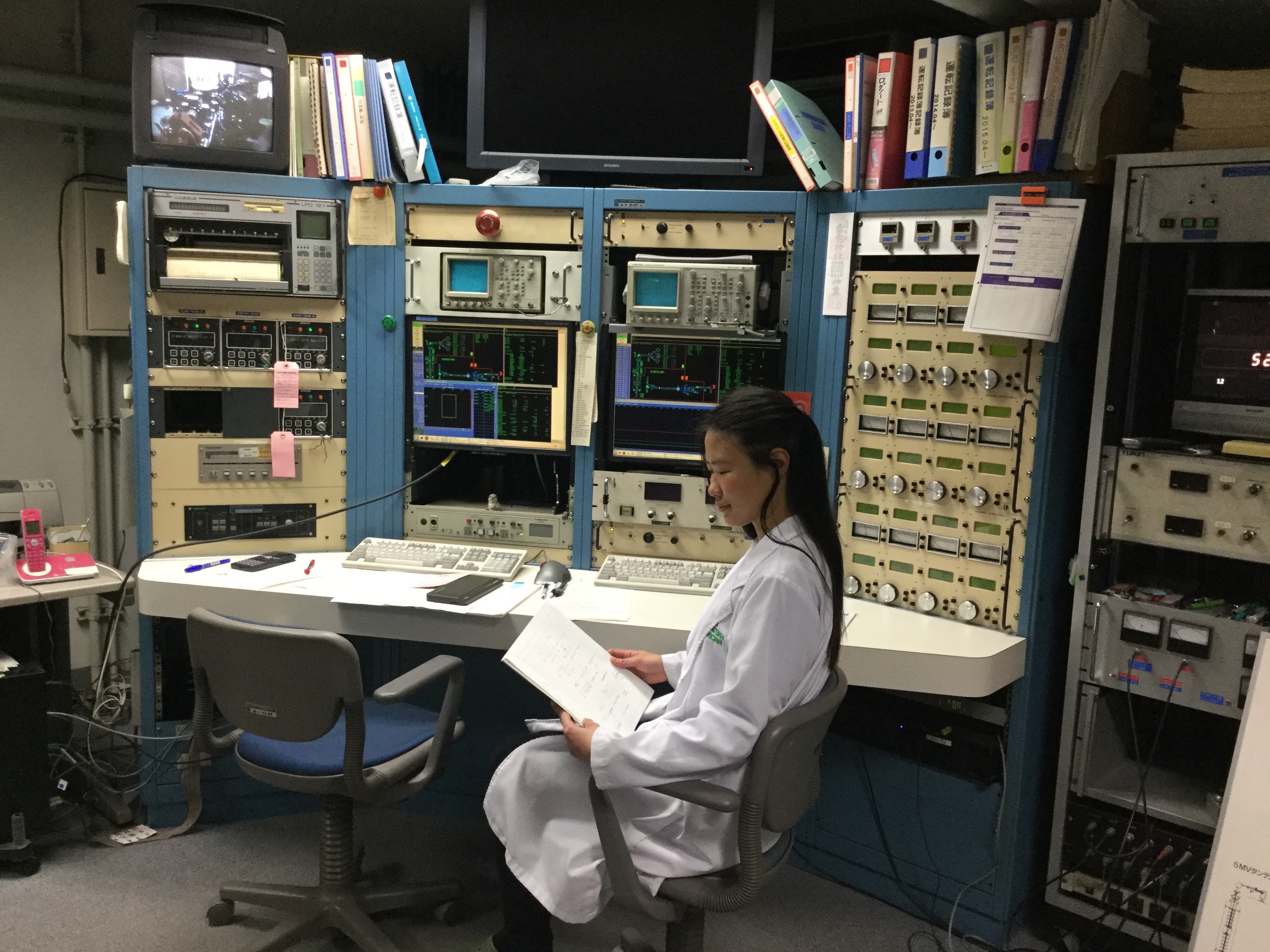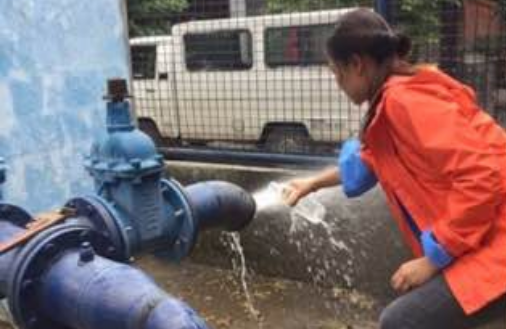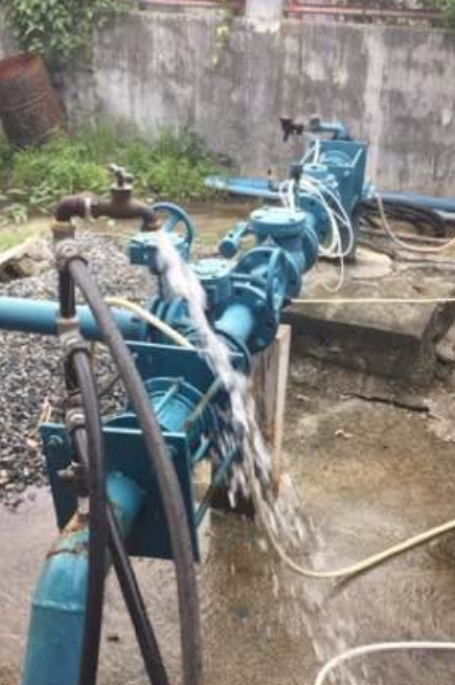DOST-PNRI CUSTOMER ADVISORY FOR GCQ
- Details
DOST-PNRI issues guidelines for services during GCQ
The Department of Science and Technology - Philippine Nuclear Research Institute (DOST-PNRI) recently issued new guidelines for its services during the effectivity of the General Community Quarantine (GCQ) which will incorporate safety measures due to the COVID-19 pandemic.
All customers are required to request an appointment via the PNRI Services Portal, as only those with confirmed appointments will be allowed to enter and transact at PNRI. The portal can be accessed through this link: https://services.pnri.dost.gov.ph/.
Online application and appointment requests will start on June 1, 2020. Transactions shall be made at the interim PNRI One Stop Shop (iPOSSH) located near the PNRI Back Gate entrance along Central Avenue, Quezon City, to be opened for receiving/releasing on June 8, 2020. The iPOSSH will be open from 9AM to 4PM with different schedules for PNRI’s various services.
PNRI now implements the No Mask, No Entry policy within its premises. Customers are also required to present their valid ID and their confirmed appointment before being allowed to enter. All samples, equipment and documents must be contained in a plastic bag for disinfection procedures.
For more details, you may view the copy of the guidelines here.
PNRI scientists win awards at 2020 NRCP scientific confab
- Details

PNRI scientists win awards at 2020 NRCP scientific confab
Scientists and researchers from the Department of Science and Technology - Philippine Nuclear Research Institute (DOST-PNRI) recently bagged several awards at the Annual Scientific Conference and 87th General Membership Assembly of the National Research Council of the Philippines (DOST-NRCP).
Dr. Lucille Abad and Dr. Custer Deocaris of the DOST-PNRI Atomic Research Division were among the ten awardees for Outstanding Filipino Researchers under the NRCP Achievement Awards.
Awardees in this category were recognized for their significant contributions to their respective fields and research advancements that benefited the different sectors of economy.
Read more: PNRI scientists win awards at 2020 NRCP scientific confab
Researchers Analyze Chromosomes for Radiation Safety and Nuclear Emergencies
- Details


Using a microscope, PNRI researchers analyze blood samples for the presence of dicentric chromosomes (right) which are telltale signs of radiation exposure
Researchers analyze chromosomes for radiation safety and nuclear emergencies
To ensure the safety of occupationally exposed workers, as well as potential victims in the event of a nuclear or radiological emergency, researchers from the Department of Science and Technology – Philippine Nuclear Research Institute (DOST-PNRI) continue to study blood samples for any signs of radiation exposure beyond the allowable regulatory limits.
Monitoring radiation exposure becomes even more important considering the increasing variety of nuclear and radiation-related technologies in factories and firms. In the Philippines, most workers who are regularly exposed to radiation are from the industrial and medical sectors.
In addition to the local users of radioactive materials, a growing number of overseas Filipino workers (OFWs) trained in non-destructive testing also use radiation in aircraft maintenance and other industries – and safety requirements for their continued employment abroad includes an assessment of their radiation exposure.
To help our “bagong bayani” monitor their radiation doses, PNRI researchers use cytogenetic biodosimetry to analyze the chromosomes in their white blood cells to see if there are any aberrations that would serve as signs of radiation damage.
Read more: Researchers Analyze Chromosomes for Radiation Safety and Nuclear Emergencies
Researchers use isotope techniques to help ensure clean freshwater in Pampanga
- Details

Dr. Sunshine Tan, a grantee of PNRI’s Graduate Student Research Grant Program (GSRGP) funded under DOST-PCIEERD, analyzes the water samples at the accelerator mass spectrometry control room of the University of Tokyo.


Researchers collect water samples from production and domestic wells among various localities in Pampanga to analyze for salinity and possible contamination of the groundwater in the area.
Researchers use isotope techniques to help ensure clean freshwater in Pampanga
COVID-19 underscores the need for freshwater for health and hygiene; thus constant water shortages in various parts of the country are not only inconvenient but also pose a threat to efforts in preventing the pandemic.
To help ensure that our precious freshwater sources are not only available but also free of salinity contamination, scientists from the University of the Philippines–Diliman (UP Diliman) and the Department of Science and Technology-Philippine Nuclear Research Institute (DOST-PNRI) used nuclear techniques to analyze where the salinity of the groundwater in Pampanga is coming from.
Wells and other groundwater sources are vital to Pampanga residents’ homes and businesses, according to prior studies by the Department of Environment and Natural Resources.
However, seawater coming from Manila Bay may contaminate the fresh groundwater in the coastal municipalities in the southern border of the province.
To help authorities prepare the proper mitigation strategies, the researchers assessed the groundwater in Pampanga and whether its salinity comes from the sea or from other sources.
Read more: Researchers use isotope techniques to help ensure clean freshwater in Pampanga













































